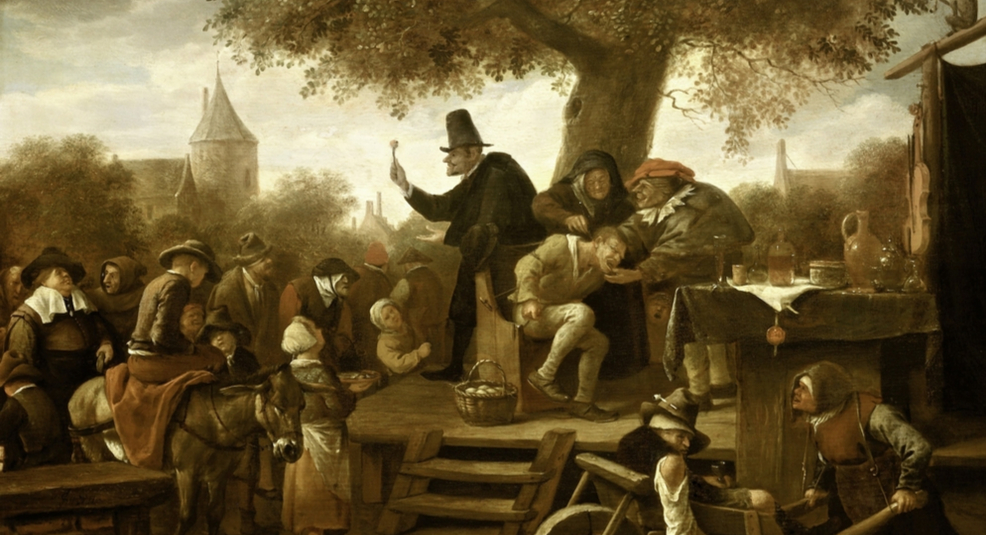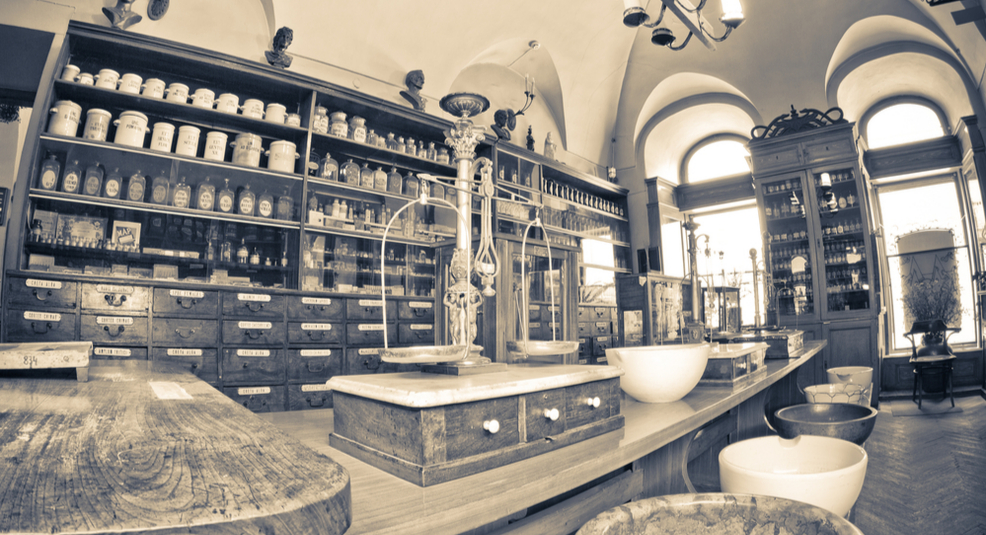Entheogens
Petroleum In Medicine
Scientists began showing interest in petrochemicals (chemical products obtained by oil refining) in the early 1900s. Although some of the first products developed from petrochemicals were plastics, chemists knew they could use petroleum to help recreate synthetic versions of basic vitamins and treat conditions caused by vitamin deficiencies. The clinical effectiveness of these petrochemicals has been well observed, but while most of these drugs are obviously effective, they do not discredit natural and herbal remedies that should be integrated into our healthcare system on an empirical basis. We hope that in the future these alternative modalities will finally get their share of the spotlight in clinical studies touting their effectiveness and validity in modern medicine.
During the early 1900s, John D. Rockefeller owned 90% of all petroleum refineries in America. He saw the demand for petrochemicals as an opportunity to monopolize the medical industry the same way he famously monopolized America’s oil market. The only way he could achieve this was by pushing out his competition.

At the turn of the 20th century, natural and herbal medicine, as well as holistic healing, was practiced by nearly 50% of America’s doctors and medical colleges, using extensive knowledge from European and Native American traditions and remedies.
Unfortunately, the only way Rockefeller’s plan could work was if he replaced holistic healing with petrochemicals and allopathic medicine. In 1910, Rockefeller and Andrew Carnegie, who monopolized the steel industry, hired educator Abraham Flexner to travel around the country and report the status of hospitals and medical schools. His findings, the “Flexner Report,” stated that a majority of America’s hospitals (nearly 50% practicing holistic healing) were ill-equipped and outdated. The report was enough to convince Congress that America needed a standardized medical curriculum devoid of natural healing modalities, or “scientific quackery.”

Placing control in Rockefeller’s hands, one of the immediate changes he called for was designating the American Medical Association (AMA), one of the nation’s largest lobbying groups, as the one and only association that can grant medical licenses. The General Education Board (GEB), also created by Rockefeller, invested in medical institutions through massive grants and hired doctors to oversee operations at said institutions as herbs, plants and natural diet was erased from medical textbooks. This bureaucratic approach has led to lobbying in the present day, much of which has made it exceptionally difficult for Americans to obtain affordable health care.
Since then, America’s medical system has become dependent on Rockefeller’s model. Consequently, big pharmaceutical companies have gained control over America’s medical industry. Pharmaceutical companies constantly create and advocate new short term chemical solutions that are derived from the patentable petrochemicals Rockefeller pushed for. These private companies then lobby medical schools, hospital boards, and doctors to prescribe and administer their own drugs. This marginalizes America’s holistic health and alternative medicine model in favor of its toxic and spiritually sterile “big pharma” model. The pharmaceutical industry is known to be a monstrous and overpowering entity due to the incomprehensible amounts of money involved, while a holistic model cannot compete with the lobbying abilities and integration into modern culture.

Although alternative remedies have been around for centuries and have proved to be far less harmful and addictive than allopathic medicine, they have been completely dismissed or criminalized as a result of enduring closed-mindedness.